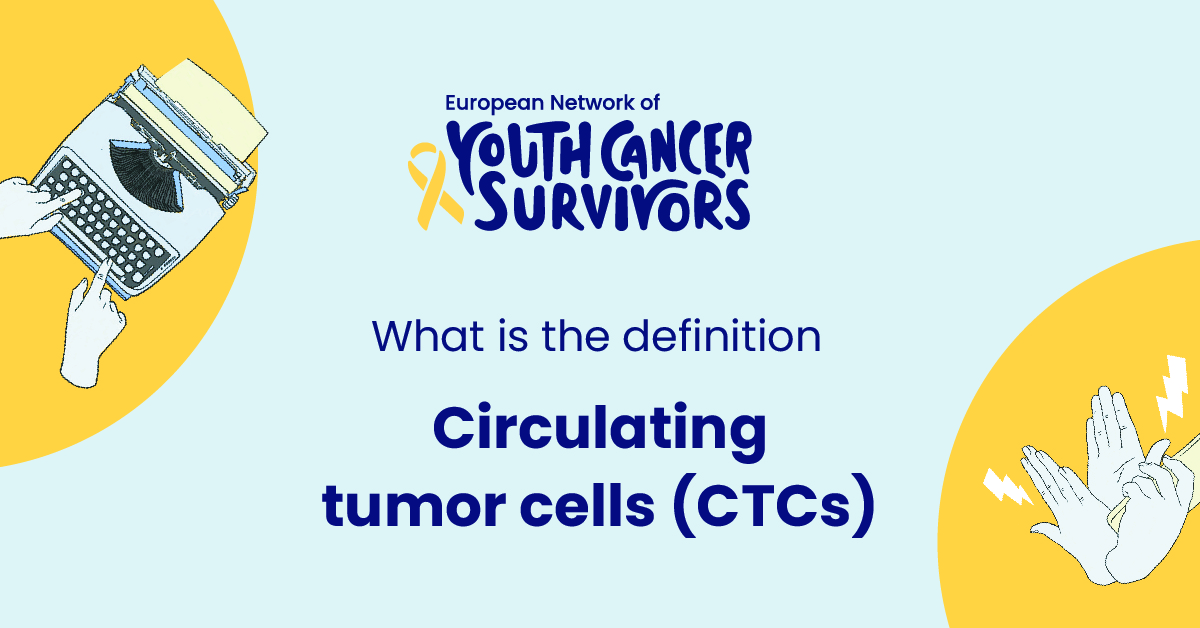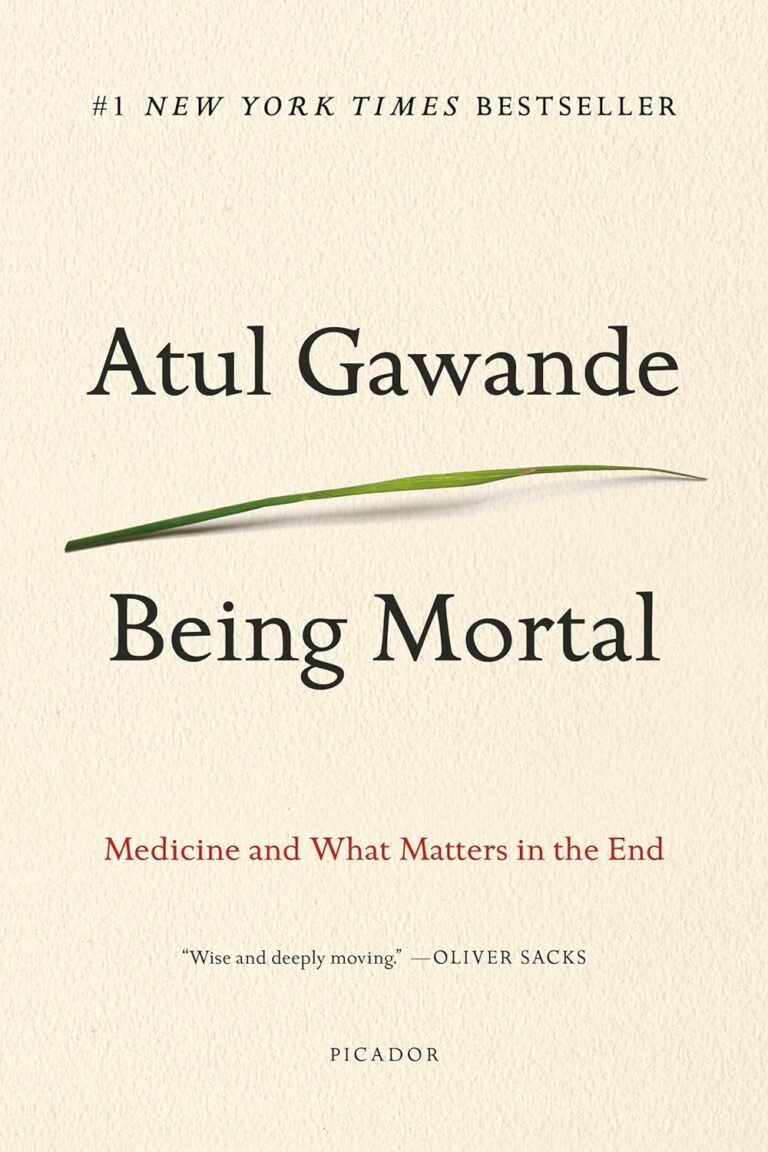
Cancer remains one of the most pressing healthcare challenges of the 21st century. A key problem is metastasis, the spreading of cancer cells from the original tumor to other organs. Understanding this process is crucial for improving diagnostic and therapeutic strategies. In this context, circulating tumor cells (CTCs) have emerged as a key player. Let’s dive deeper into the world of CTCs and explore their relevance in cancer progression and therapy.
Defining Circulating Tumor Cells (CTCs)
The Meaning of Circulating Tumor Cells (CTCs)
Circulating tumor cells (CTCs) are cancer cells that have detached from a primary tumor and circulate in the bloodstream. They constitute the “seeds” for the subsequent growth of additional tumors (metastases) in different body parts. Through the blood vessels, these cells can reach virtually any organ in the body, leading to a generalized spread of the disease.
The Origin and Nature of CTCs
CTCs originate from solid tumors, such as breast, lung, or prostate cancer. They are present in different stages, from precancerous lesions to advanced malignant tumors. Despite being a tiny fraction of the total number of blood cells, their role in cancer progression could be significant.
The Role of CTCs in Cancer Progression
CTCs are not merely passive bystanders in cancer metastasis; rather, they actively participate in the process. They can adapt to survive in the blood, evade the immune system, and create a conducive microenvironment in the target organ, facilitating new tumor formation.
The Detection and Analysis of CTCs
Methods for Identifying and Isolating CTCs
Given their major implications in cancer progression, early detection and analysis of CTCs are crucial. Multiple methods have been devised for this: blood sample analysis (liquid biopsy), specialized lab techniques such as CellSearch®, or innovative technologies like microfluidic devices.
Challenges in CTC Detection
Despite the advancements, detecting CTCs remains a challenge. Their rarity, differing shapes and sizes, and the difficulty isolating them from healthy blood cells pose significant hurdles. Improvements in detection methods are an active area of research.
The Clinical Relevance of CTCs
Predictive Value of CTC Count in Cancer Prognosis
Research has revealed a correlation between the number of CTCs and the prognosis of cancer patients. Higher counts suggest a more aggressive disease and worse prognosis. Hence, CTC count could serve as a powerful predictive tool in disease management.
CTCs as Biomarkers for Personalized Therapy
CTCs offer promise as biomarkers for personalized therapy. By analyzing the molecular properties of CTCs, clinicians can tailor cancer treatments to individual patients, resulting in improved outcomes and reduced side effects.
Get to know us better
If you are reading this, you are in the right place – we do not care who you are and what you do, press the button and follow discussions live

The Potential of CTCs in Cancer Therapy
Targeting CTCs for Therapy: Current Researches and Developments
CTCs are a potential therapeutic target in cancer treatment, focusing on hindering their ability to seed metastases. Researchers are investigating strategies to neutralize CTCs, such as blocking the pathways they use to enter target organs, or developing drugs that specifically target CTCs.
Limitations and Future Directions
While the potential of CTCs in cancer therapy is immense, numerous challenges persist, including their identification, isolation, and targeting. However, with continuous research, we can hope for new and innovative applications of CTCs in the fight against cancer.
Conclusion
CTCs mark a breakthrough in our understanding of cancer metastasis and therapy. Their detection and analysis potentially revolutionize disease prognosis and treatment, offering a light at the end of the tunnel for patients navigating this devastating illness.
Frequently Asked Questions
- What are circulating tumor cells and why are they important?
Circulating tumor cells (CTCs) are cancer cells that have detached from a primary tumor and circulate in the bloodstream. They are important as they can lead to metastasis, the spreading of cancer cells to different body parts.
- How are circulating tumor cells detected in a patient’s body?
CTCs are commonly detected with a blood sample analysis, known as a liquid biopsy. Other methods include specialized lab techniques like CellSearch® or innovative technologies like microfluidic devices.
- Do higher levels of circulating tumor cells mean a worse prognosis for cancer patients?
Yes, higher numbers of CTCs in the bloodstream are often associated with a more aggressive disease state and worse prognosis.
- How can circulating tumor cell count influence the choice of therapy in cancer treatment?
By analyzing the molecular properties of CTCs, clinicians can design personalized treatments that are more likely to be effective, thus improving patients’ outcomes and reducing side effects.
- What future developments can we expect in the research and application of circulating tumor cells?
The future may see improvements in the detection and isolation methods of CTCs, the development of drugs that specifically target CTCs, and advancements in personalized therapies based on CTC profiles.

















Comments
Thank you. Comment sent for approval.
Something is wrong, try again later